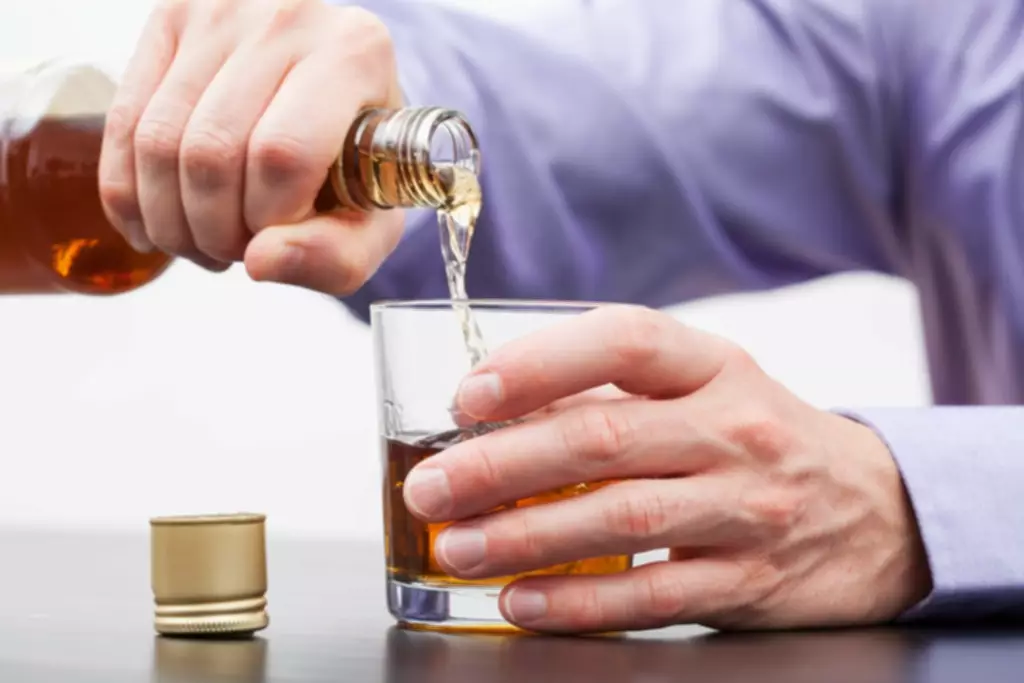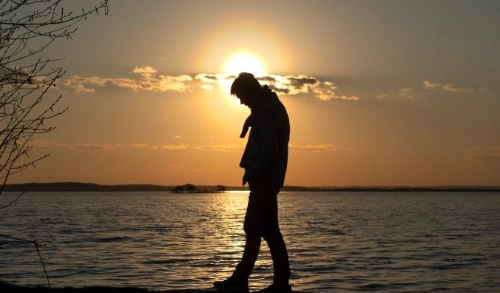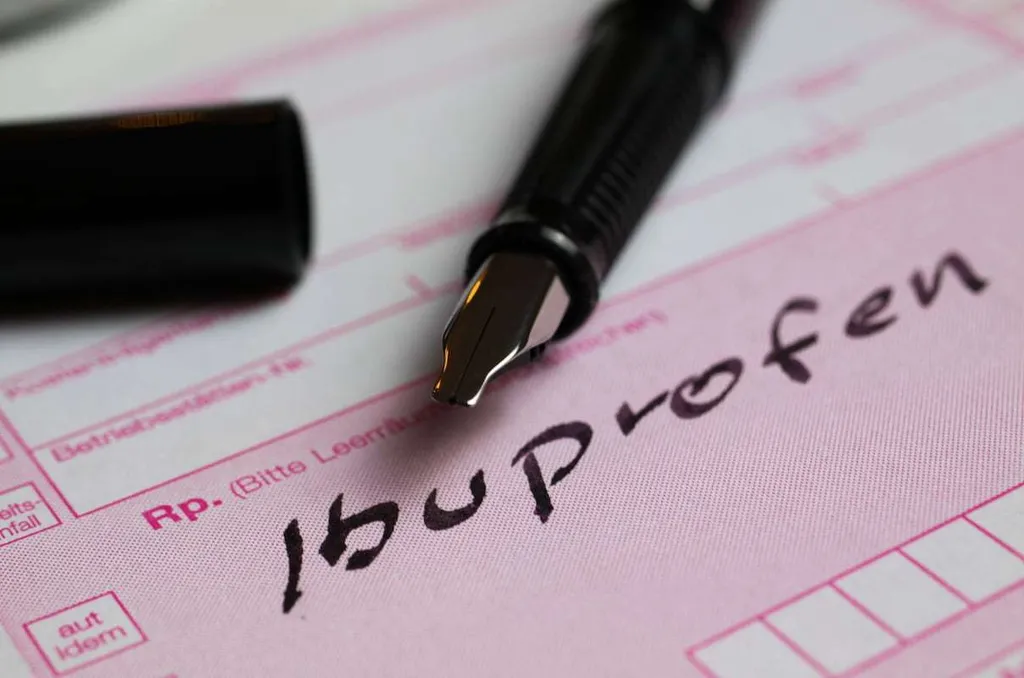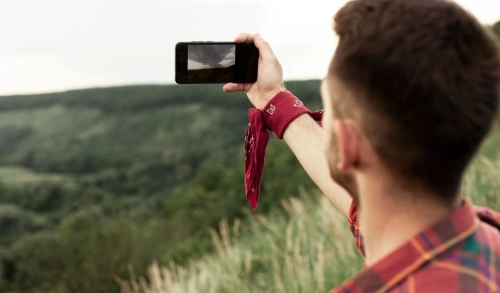
Alcohol changes the chemicals in your brain and can cause chaotic behavior in some cases. Misuse of alcohol often leads to sudden anxiety and panic attacks. Studies show Sober living house these conditions happen together two to three times more often than by chance, with odds ratios between 2.1 and 3.3. People who already have anxiety disorders are more at risk because these symptoms can make their condition worse and create new anxiety problems. He has a nursing and business/technology degrees from The Johns Hopkins University.
Oar Health: Medication-Assisted Treatment
- There are many different ways to get help with your drinking, which means there’s probably at least one that’ll work for you.
- Alcohol also blocks glutamate, an excitatory neurotransmitter linked to anxiety.
- And, while it may offer some short-term relief, alcohol is not an effective long-term strategy for anxiety, depression, trauma, or other mental health issues.
- Cutting back on drinking can help reduce alcohol-induced anxiety, and give you the space and clarity to address a pre-existing anxiety disorder with healthier coping strategies.
An intensive treatment programme will also include educational presentations delivered by therapists, access to a fitness programme, and complementary therapies such as equine therapy. A continuing-care plan is essential to mitigate the risk of relapse. A skilled therapist will assess your anxiety levels and panic attacks and be able to create a treatment plan that addresses these issues. Additionally, discuss your use of alcohol with a healthcare provider or mental health professional who can screen you for alcohol use disorder and help guide you to appropriate treatment. Many people recover from alcohol dependence and alcohol use disorder with proper medical supervision.
Alcohol’s Impact on Mental Health
The combined effect of all of this can lead to some serious anxiety symptoms later in the night or the day after drinking. If you drink chronically, this can increasingly become your natural state. Cynthia Catchings is a trilingual licensed clinical social worker-supervisor, mental health consultant, professor, and trainer for federal law enforcement agencies. Cynthia has over 15 years of experience in the mental health profession.

Support
Anyone can experience anxiety—or “hangxiety”—after drinking, even if you aren’t dealing with alcohol dependence. However, if you find yourself frequently experiencing anxiety and regret after drinking, particularly after heavy drinking, it may be a sign of a more serious problem. Studies have found that heavy drinkers have increased cortisol levels due to alcohol’s effects on the body.
- Alcohol acts as a depressant in the body’s central nervous system.
- Anxiety attacks typically last anywhere from five to 20 minutes, but they can last up to an hour.
- Mixing caffeine and alcohol can make anxiety worse by overstimulating your central nervous system.
- Caffeine Addicts Anonymous is a fellowship dedicated to helping individuals overcome caffeine addiction.
- Alcohol is a diuretic, causing increased urination and dehydration.
Alcohol doesn’t directly cause panic attacks, in the sense that those with panic disorder suffer from panic attacks with or without alcohol. There are several reasons for this, which will be discussed below; but the key thing to remember is that those with panic attacks suffer from an issue known as hypersensitivity. In this case, alcohol can be especially harmful, potentially triggering and exacerbating panic attacks. While for some people the occasional drink is not harmful, others find that a single sip of alcohol is enough to significantly worsen their anxiety. In addition, if you’re noticing your anxiety levels increasing after drinking, try cutting down on how much you drink. Plus, take note of how your mood is each day — if you’re feeling extra on edge already, try and go against the temptation of remedying that with alcohol.

While dopamine increases immediately after drinking alcohol and temporarily makes you feel good, when the inebriation has faded, whatever symptoms that were being avoided rebound. All our psychiatrists (and all psychiatrists in general) are medical doctors with additional training in mental health. They can prescribe any medication they think can help their patients. In order to find out which medications might be appropriate, they need to conduct a full evaluation. At Talkiatry, first visits are generally scheduled for 60 minutes or more to give your psychiatrist time to learn about you, work on a treatment plan, and discuss any medications that might be included.
Anxiety disorders are a potential comorbidity of alcohol use disorder (AUD). People with AUD may have a higher risk of developing an anxiety disorder. According to a 2019 paper, panic disorder has a strong association with AUD.

Alcohol and anxiety: Panic attacks after drinking
You may experience alcohol-induced anxiety, which can last for hours or even an entire day after drinking. It’s that next day jittery feeling and a racing heart that you can’t shake. In fact, individuals generally feel more anxious after the alcohol tends to wear off. Alcohol-induced anxiety can last for several hours, or even after a whole day after drinking. Anxiety, on the other hand, is more of an internal response, characterized by persistent, excessive, and often irrational worry about everyday situations.
Signs of a Panic Attack Include:
When you consume alcohol, it acts as a diuretic, which means it increases urine production and can lead to dehydration. Sign up for free and stay up to date on does alcohol cause anxiety panic attacks research advancements, mental health tips, mental health in the news, and expertise on managing mental health. Relaxation techniques, such as practicing mindfulness, can help reduce panic, Oeswein says. Here are a few ideas for mindful breathing exercises to help you relax.

What Should You Know About an Alcohol Induced Panic Attack?

If you are experiencing symptoms of a mental health condition such as depression, anxiety, bipolar disorder, PTSD, or similar, a psychiatrist may be a good place to start. If you are concerned that you are experiencing panic attacks as a result of your alcohol consumption, it is recommended that you cut down or completely stop drinking. Alcohol acts as a sedative, often lowering the feelings of anxiety or panic that you may be experiencing.
